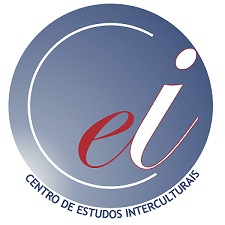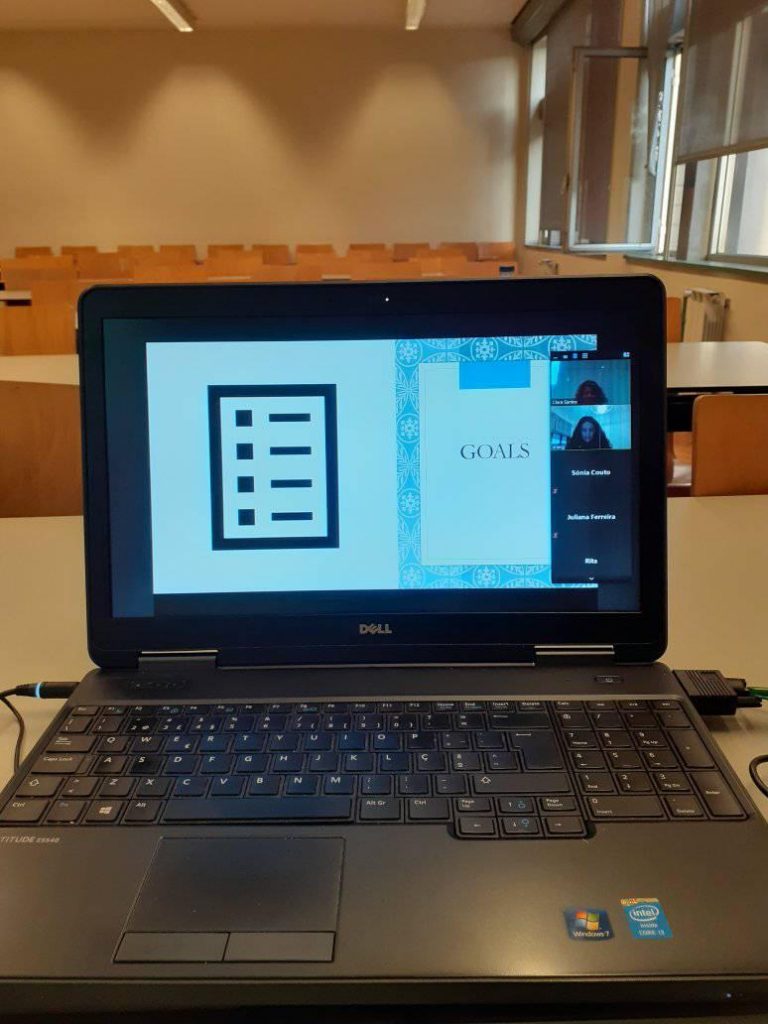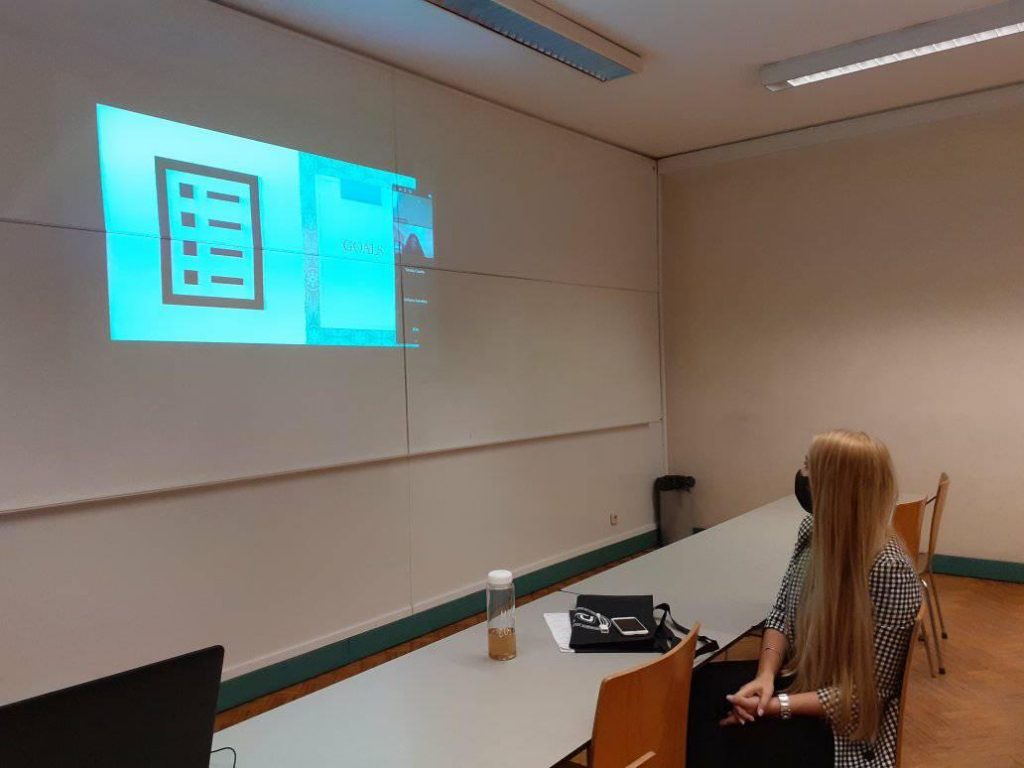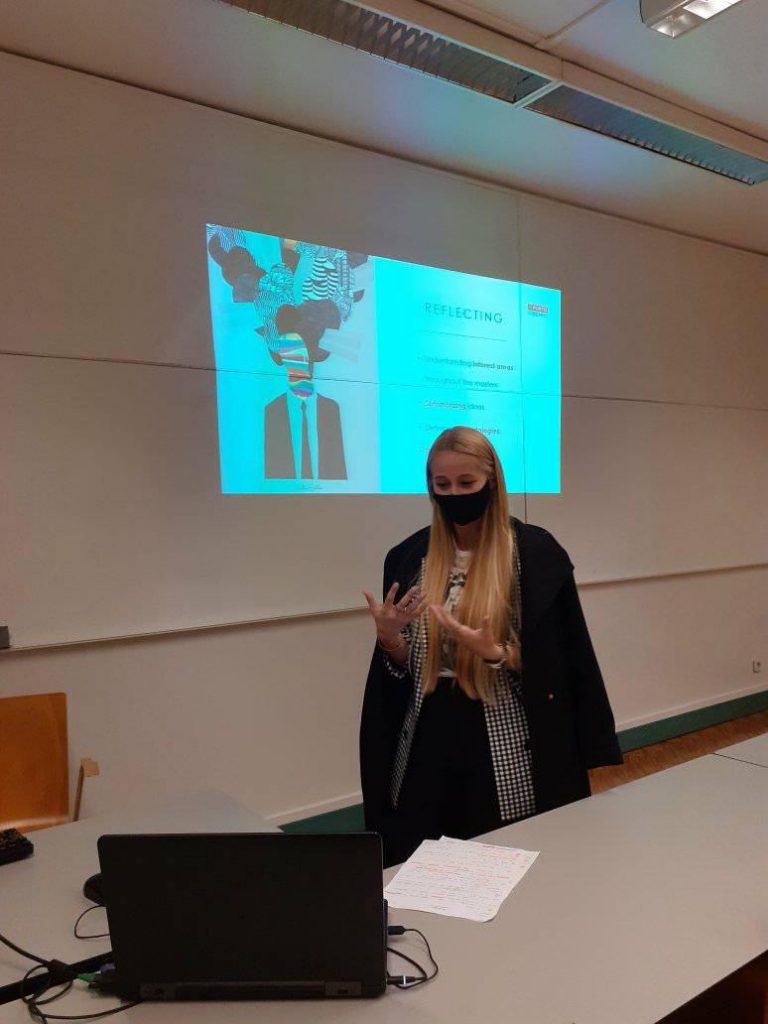
Ana Campo Grande e Mariana Camelo, Mestrado em Intercultural Studies for Business.
23 de Novembro de 2020, 16:00, sala 111, ISCAP-P.PORTO.
Transmissão Zoom: https://videoconf-colibri.zoom.us/j/83891489571?pwd=dXV2d3BickxpUnlZbVd2Snc1OGxOdz09
ID da reunião: 838 9148 9571
Senha de acesso: 543918
Ana Campo Grande:
“Northern Portugal Literary Landscapes: Constructing a Database for the LITESCAPE.PT Project”
Resumo: The present work was carried out under the scope of the Master’s degree in Intercultural Studies for Business, at the Accounting and Business School (ISCAP) of the Polytechnic of Porto (P. PORTO). The curricular internship, part of the second year of this MA, took place between January and May of 2019, at the Center for Intercultural Studies, integrating the Project LITESCAPE.PT – Atlas of Literary Landscapes of Mainland Portugal, with the objective of creating a database of literary landscapes of the city of Porto based on the literary works of Mário Cláudio. At the same time, the project allowed to develop literary, cultural and gastronomic routes (related to the Mediterranean Diet), that were the result of research and field work. This is an asset for the project, due to its tourist aspect and capacity for dissemination, as well as for the valorization of the Material and Intangible Cultural Heritage of the Invicta City of Porto.
Bionote: Fascinated by cultures and with a great desire of knowing “the Other”, Ana Campo Grande has a degree in Foreign Languages and Cultures by the Higher School of Education, P.Porto, and a Master in Intercultural Studies for Business by the School of Accounting and Administration of P.Porto. She is part of the project “Atlas of Literary Landscapes of Mainland Portugal”. Currently, with the goal of acquiring furthe specialization in the areas of Literature and Cultures, she is a PhD student in Literary, Cultural and Interart Studies at the Faculty of Letters of the University of Porto.
Mariana Camelo:
“Refugee Integration Policies, Gender Issues & Trauma – A Case Study in Germany”
Resumo: The masterclass will be composed of several steps containing thesis advice and a summary of the reached conclusions of the dissertation.
It will begin by introducing the importance of reflection upon interest areas and methodologies and provide an example of definition of focal areas to be taken into consideration when starting a dissertation.
Followed by practical examples (through illustrations) one will demonstrate the importance of defining a realistic time frame and setting out practical ways to organize information (symbolic layout of a table of contents, gathering of scientific data etc.)
Field work will also be emphasized throughout the presentation as it involves cautious planning and adequate preparation given the cultural and logistic complexities that may arise, a set of advice based on my experience will be given as well as information regarding the data management and filtering.
The last part is devoted to displaying the results and reached conclusions of the research through charts, graphs and key affirmations.
Bionote: Mariana Camelo is a researcher from Porto, Portugal. She concluded both her bachelor’s degree in Business Communication and her masters degree in Intercultural Studies in ISCAP having done field research in the topic of migrant integration policies and refugee studies in Germany.
Currently working as an administrative and enrolled in the PhD of Political Communication in the University of Santiago de Compostela in Spain.
Her research interest include politics, diplomacy, gender, cultural & refugee studies and her thesis investigation remains in the fields of refugee studies and will include a larger scale field investigation as well as more theoretical approach to the refugee crisis and matters of gender and politics within Europe.




